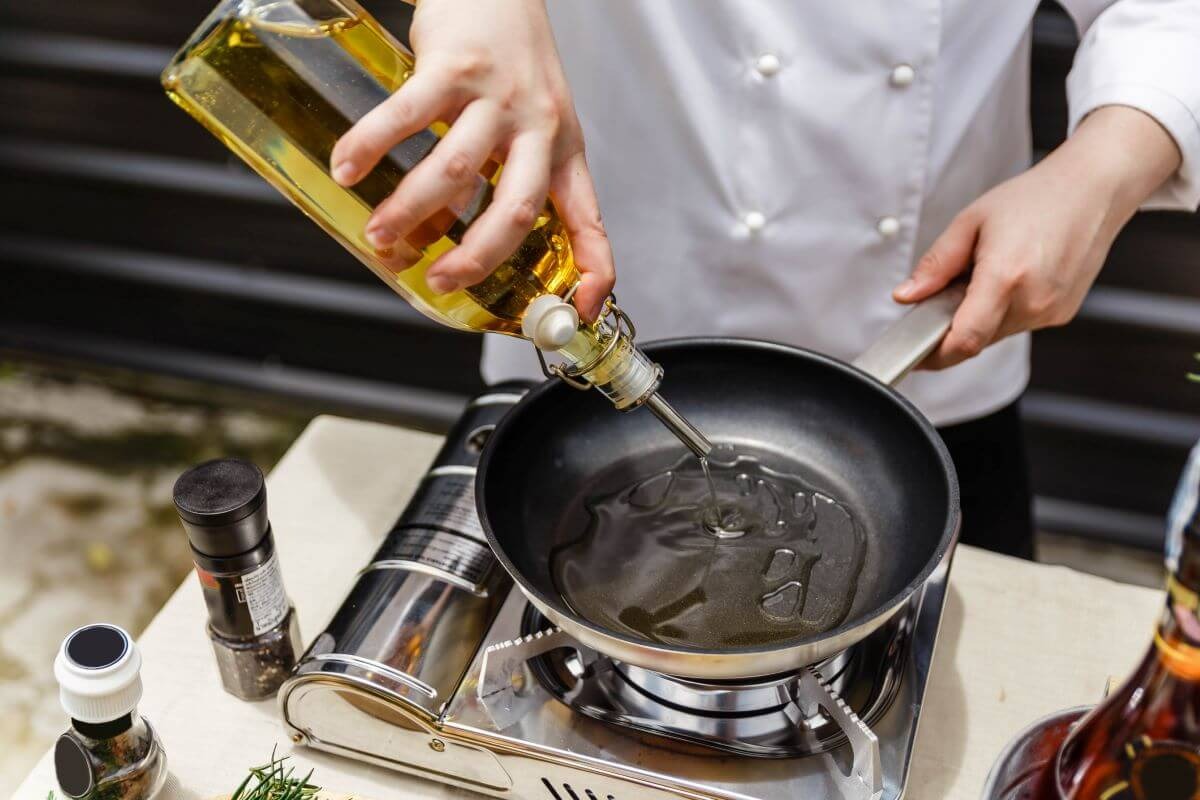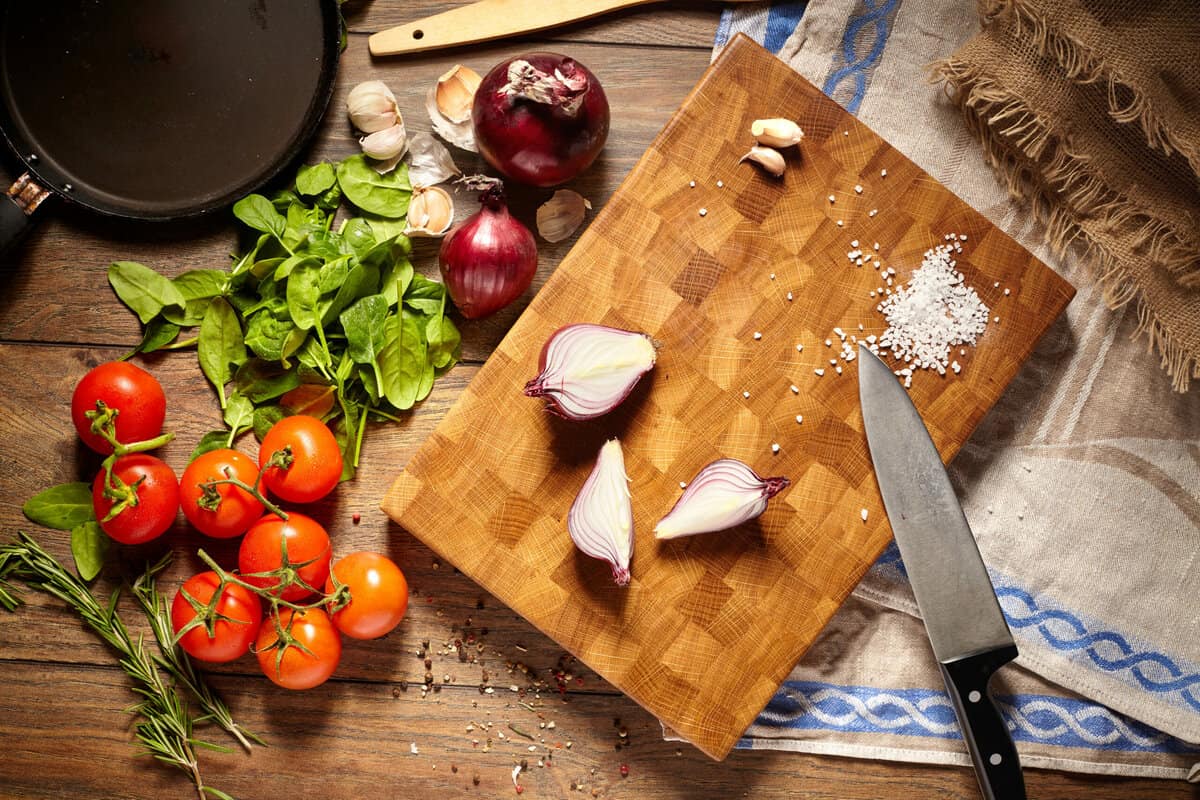For both home cooks and professional chefs, the question 'what cooking oil has the highest smoke point' is not merely academic. The smoke point of an oil is crucial for achieving optimal cooking results, especially when engaging in high-heat techniques like frying and searing.
When an oil reaches its smoke point, it begins to break down and produce smoke. This not only imparts a burnt flavor to the food but also reduces the oil's nutritional value. Therefore, selecting an oil with a high smoke point is essential for both flavor and health.

What is the Smoke Point?
The smoke point of an oil is the temperature at which it starts to burn and emit smoke. Different oils have different smoke points, which makes some oils more suitable for certain cooking methods than others.
Knowing the smoke point of various oils can help in selecting the right oil for different culinary applications. For instance, delicate oils like extra virgin olive oil have lower smoke points and are better suited for drizzling and low-heat cooking, while oils like avocado oil with higher smoke points are perfect for frying and grilling.

The Importance of Smoke Point in Cooking
The importance of choosing an oil with a high smoke point cannot be overstated. When oil starts to smoke, it not only changes the flavor of the food but can also release harmful compounds. Hence, for high-heat cooking methods, selecting an oil with a higher smoke point is a smart and healthy choice.
Here are a few high smoke point oils and their optimal usages:
- Avocado Oil - Ideal for frying and grilling
- Refined Olive Oil - Perfect for roasting and stir-frying
- Sunflower Oil - Great for baking and cooking at high temperatures
- Peanut Oil - Suitable for sauting and deep-frying

Factors Influencing the Smoke Point of Oils
Various factors influence the smoke point of an oil. These include the degree of refinement, the type of fat, and the presence of impurities.
Refined oils generally have higher smoke points compared to their unrefined counterparts. For instance, extra virgin olive oil has a lower smoke point than refined olive oil.
Other factors to consider:
- Purity of the oil
- Storage conditions
- Age of the oil
All these elements can affect the smoke point of an oil and consequently the quality of the final dish.

Top Cooking Oils with High Smoke Points
Let's delve into some of the top cooking oils known for their high smoke points:
1. Avocado Oil
Avocado oil is renowned for its exceptional smoke point, which can go up to 520F (271C). This makes it one of the best choices for high-temperature cooking methods such as frying, grilling, and sauting. Moreover, it is rich in monounsaturated fats, making it a heart-healthy option.
2. Refined Olive Oil
While extra virgin olive oil has a lower smoke point, refined olive oil can reach up to 465F (240C). This makes it suitable for a variety of cooking methods, including frying, roasting, and stir-frying.
3. Sunflower Oil
With a smoke point of around 440F (226C), sunflower oil is another great choice for high-heat cooking. It is neutral in flavor, which allows the taste of the food to shine through.
4. Peanut Oil
Peanut oil is a popular choice for deep-frying and sauting, thanks to its high smoke point of 450F (232C). It also adds a delightful nutty flavor to the dishes.
Understanding these oils and their properties can enhance your cooking techniques, ensuring that you achieve the desired crispy and delicious outcomes without compromising on health.
Frequently Asked Questions
Q1: What happens when cooking oil reaches its smoke point?
A: When an oil reaches its smoke point, it starts to break down and release smoke. This not only imparts a burnt taste but can also release harmful compounds.
Q2: Does the color of the oil affect its smoke point?
A: Yes, the color can be an indicator. Lighter oils are generally more refined and have higher smoke points compared to darker, unrefined oils.
Q3: Can I mix oils to increase the smoke point?
A: Mixing oils to adjust smoke points can be tricky and is not recommended. It's better to select an oil that naturally has the right smoke point for your cooking technique.
If you're interested in further exploring the smoke points of various oils, you might also find this Cleaning Kitchen Tiles guide helpful.
For more details on specific oils, you can refer to our articles on High-Heat Cooking, Kitchen Tips, and Healthy Oils.
As an Amazon Associate, I earn from qualifying purchases.






Leave a comment
This site is protected by hCaptcha and the hCaptcha Privacy Policy and Terms of Service apply.